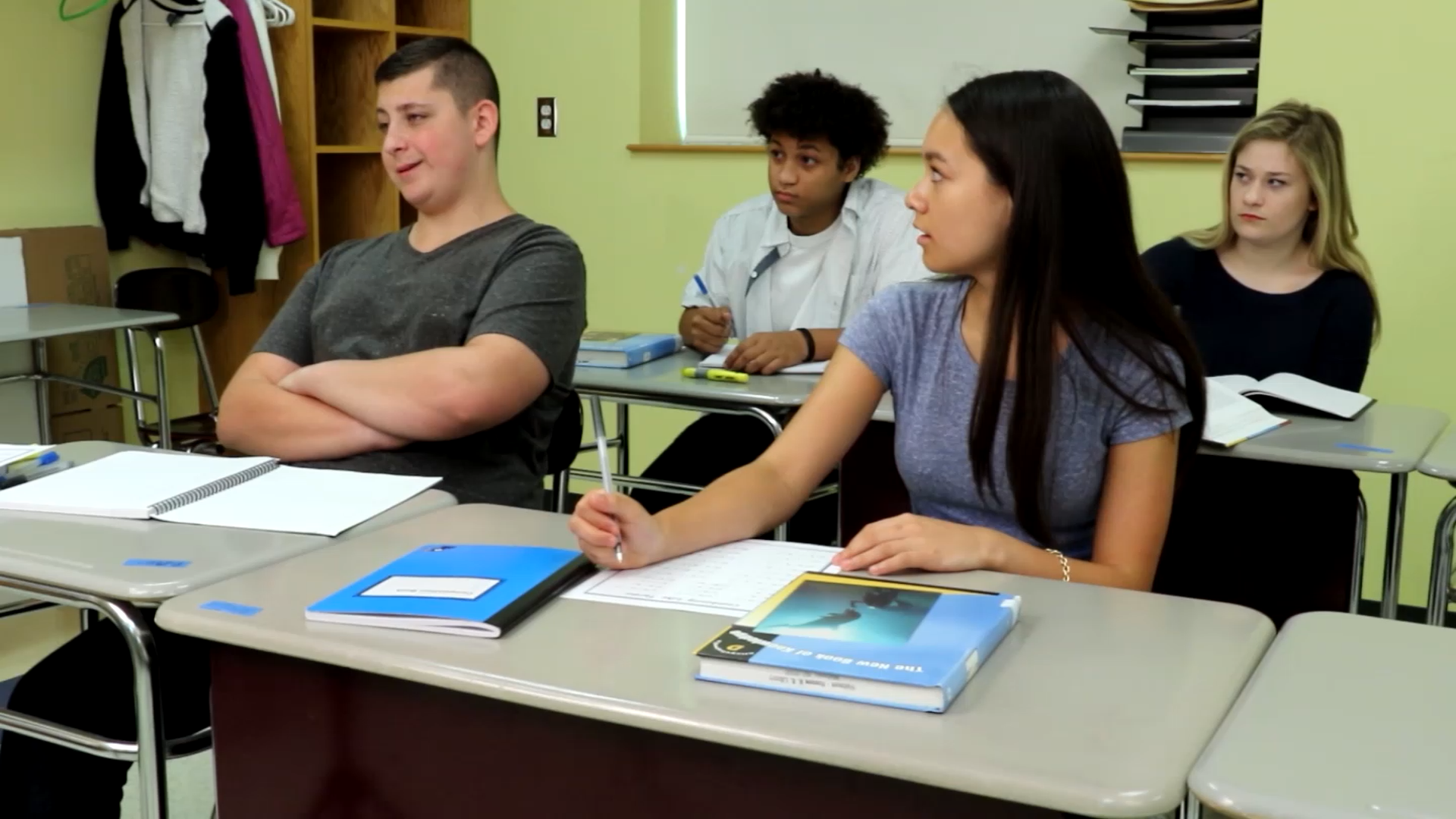In this blog post, we will explore the importance of showing respect to adults in a school setting. We will discuss an easy-to-implement, no-prep activity that educators can use to help students develop respect for their teachers and other authority figures. Furthermore, we will provide discussion questions to stimulate deeper conversations and explore related skills that can enhance students’ overall social-emotional learning.
Introduction
Respect is a foundational element of social-emotional learning, crucial for maintaining positive relationships and fostering a supportive school environment. High school students must learn to demonstrate respect towards adults, including teachers, administrators, and other authority figures. Showing respect involves active listening, following directions, and keeping certain thoughts to oneself. Additionally, the words we use and our tone of voice play a significant role in conveying respect. When students use a condescending tone or disrespectful language, it can negatively impact the learning environment and make it difficult for teachers to effectively perform their duties.
No-Prep Activity
One effective no-prep activity to help high school students understand the importance of showing respect is called “Role Reversal.” In this activity, students will be paired up and asked to role-play a conversation between a student and a teacher. One student will play the role of a teacher, while the other will play the role of a student who is not showing respect. After a few minutes, the students will switch roles, allowing each student to experience both perspectives. The goal of this activity is for students to gain a better understanding of how their words and tone can affect others and to practice using respectful language and tone in a simulated situation.
Discussion Questions
- How did it feel to be in the role of the teacher when the student was being disrespectful? How did it feel to be in the role of the student?
- What specific words and tone of voice did the disrespectful student use? How did these choices impact the conversation?
- What changes did you make when you switched roles to demonstrate respect? How did that change the dynamics of the conversation?
- How do you think a teacher’s ability to teach and a student’s ability to learn are affected when there is a lack of respect in the classroom?
- What strategies can you use to ensure that you are always showing respect to your teachers and other adults in school?
Related Skills
Showing respect to adults is just one aspect of social-emotional learning. Other related skills that can enhance a student’s ability to navigate social situations and maintain positive relationships include:
- Active Listening: Paying close attention to what others are saying, reflecting on their words, and responding thoughtfully.
- Empathy: Understanding and sharing the feelings of others, which can help students better relate to their teachers and peers.
- Conflict Resolution: Developing the ability to address disagreements and find solutions that work for all parties involved.
- Self-Awareness: Recognizing one’s emotions, strengths, and weaknesses, and understanding how they can impact interactions with others.
Next Steps
Helping students develop respect for adults and other essential social-emotional learning skills can significantly impact their success in school and beyond. To access free sample materials and resources for teaching these skills, visit Everyday Speech’s sample materials page. These resources can provide a solid foundation for incorporating social-emotional learning into your high school curriculum and fostering a positive, respectful learning environment for all students.






